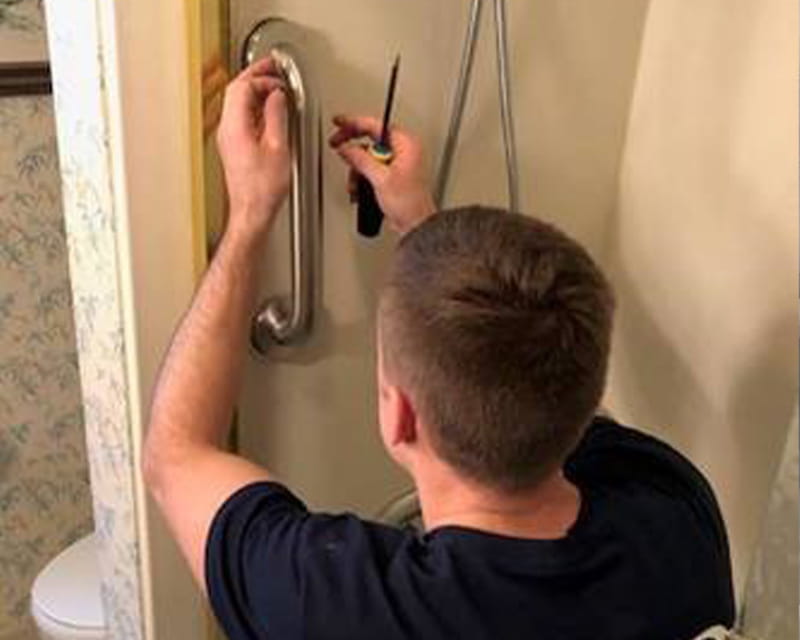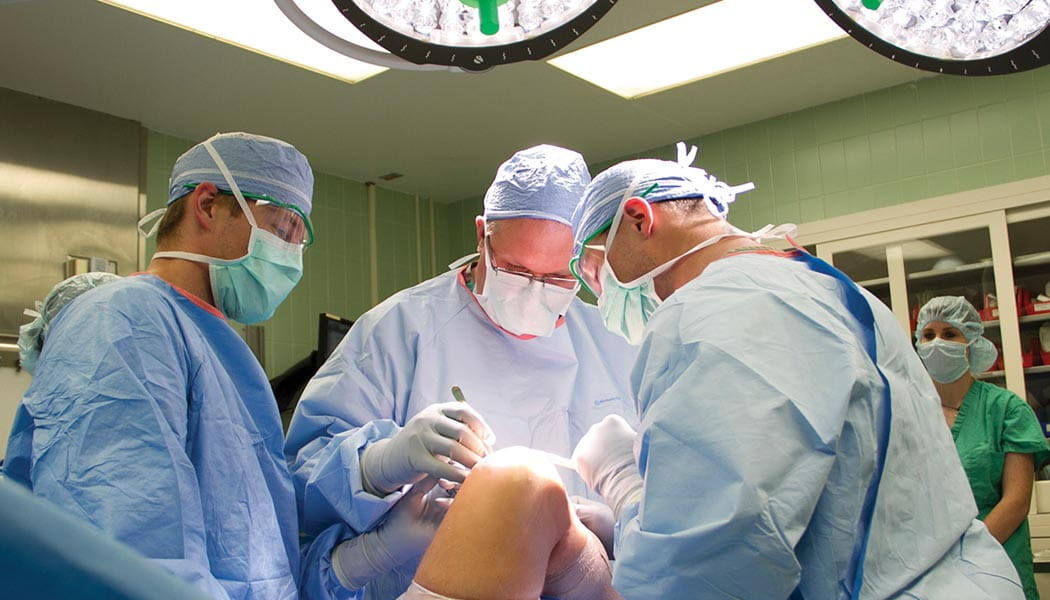
improving patient care

One of the challenges of treating patients with knee injuries is that once knee cartilage is damaged, it’s damaged for good. At The Ohio State Wexner Medical Center, we’re challenging that status quo with novel, individualized cartilage restoration options to meet the needs of each patient.
David Flanigan, MD, leads Ohio State’s Cartilage Restoration program and offers the full spectrum of treatment options available, including many not found at any other hospital in the region. Finding advanced options is more important than ever, as rates of cartilage damage are increasing among patients at younger ages, leading to greater numbers of young osteoarthritic knees and ultimately more early-age total joint replacements. We believe many of these younger patients may be candidates for less-invasive cartilage restoration procedures, including:
While microfracture has long been considered the standard of care, Ohio State is a leader in the field by bringing the most innovative randomized clinical trials to our patients, comparing new options to microfracture:
“If the new approaches we’re exploring can help patients with knee injuries function better, it could revolutionize how we address cartilage problems in the future,” Dr. Flanigan says. “Recovery time may be similar to other knee surgeries, but, unlike other surgeries, we’re hoping the results of these new procedures will be permanent.”